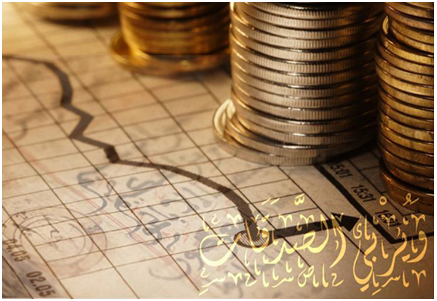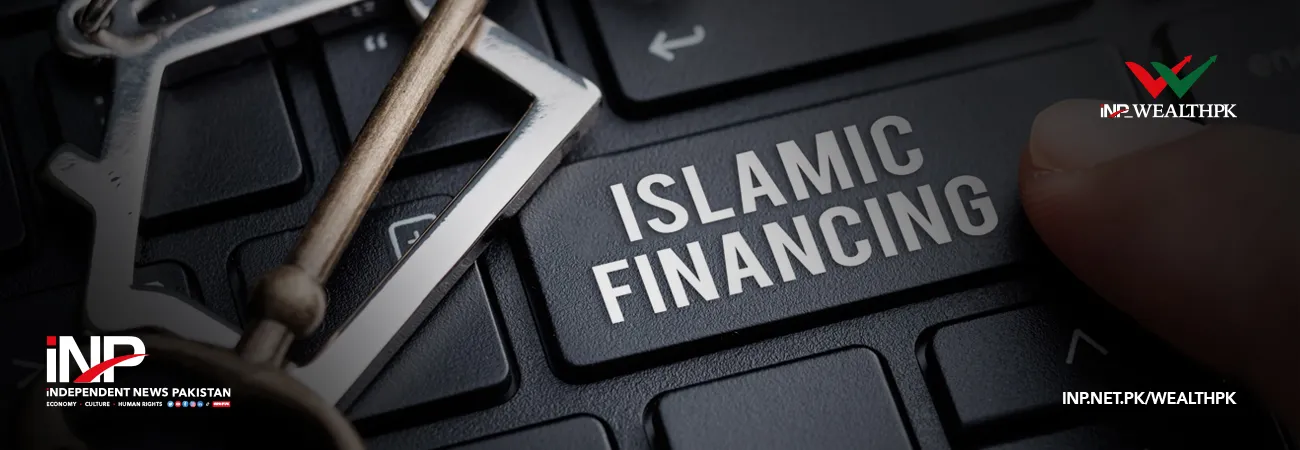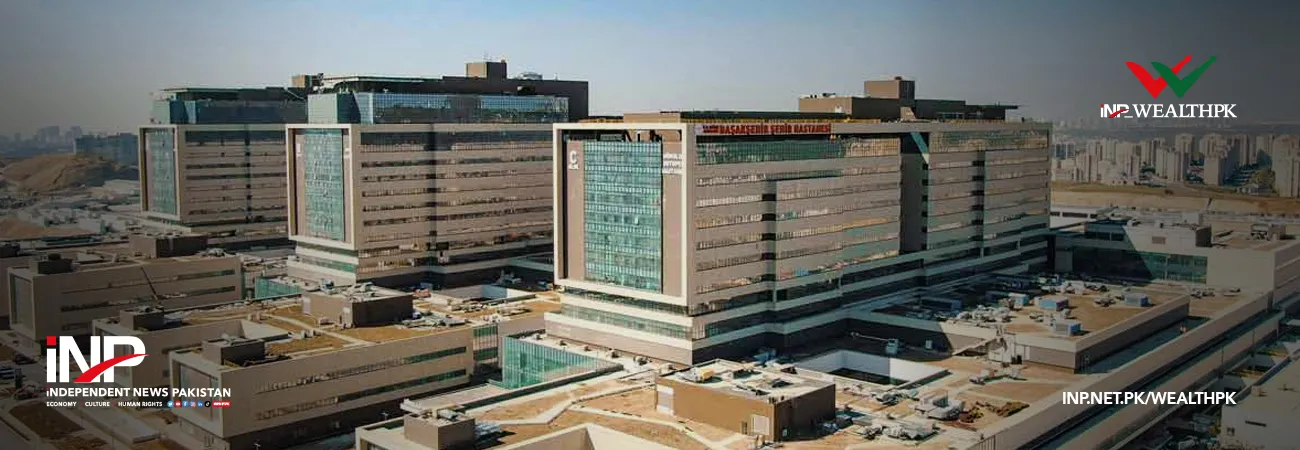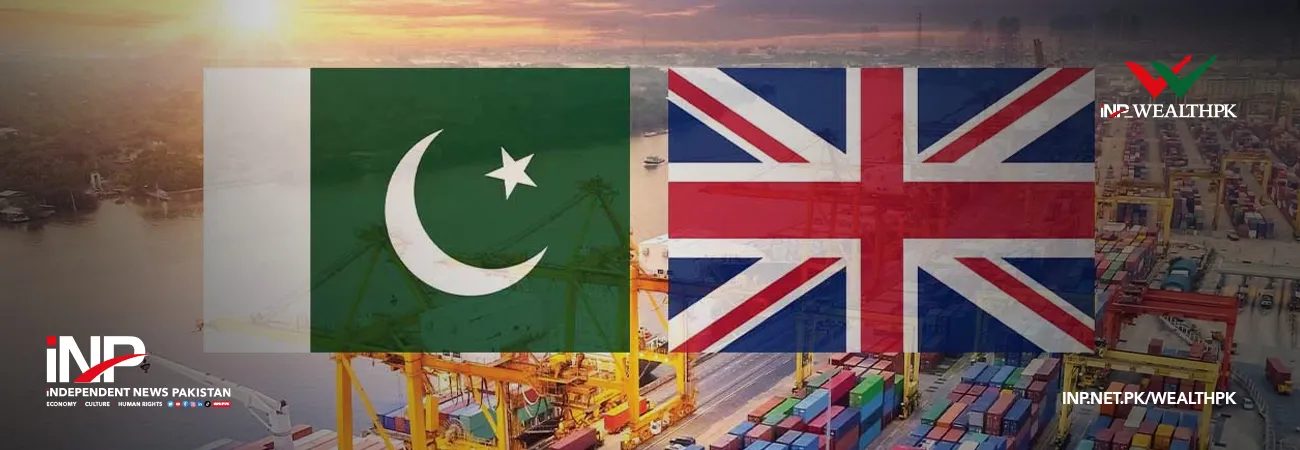INP-WealthPk
Moaaz Manzoor
Islamic banking is emerging as a promising alternative in Pakistan's financial landscape. However, experts emphasize gradual implementation, customer-centric reforms, and a robust digital infrastructure to ensure its sustainability and genuine adoption.

Speaking with WealthPK, Dr. Sajid Amin Javed, Deputy Executive Director of the Sustainable Development Policy Institute (SDPI), highlighted that a gradual shift toward Islamic banking could lead to a more sustainable financial system. He pointed to concepts like Mudarabah (profit-sharing) and Musharakah (joint ventures) as viable alternatives to interest-based models. Dr. Sajid suggested that the transition should start domestically, focusing on internal transactions, with institutions like Meezan Bank serving as examples of successful Islamic banking practices. He stressed the importance of creating financial instruments that resonate with the public, adding, "For Islamic banking to succeed, the government must formulate instruments that are understandable and accessible to the common people."
He also emphasized the role of technology, advocating widespread digitization to improve transparency and operational efficiency. Additionally, he proposed a track-and-trace system for profit (nafa) and loss (nuksan) to enhance public trust in Islamic banking practices. "Massive digitization is essential to make this model work effectively," he added. While optimistic about its potential, Dr. Sajid highlighted the need for a phased implementation approach and urged the government and financial institutions to ensure that the transition is inclusive and aligned with the needs of all stakeholders. Mutaher Khan, co-founder of Data Darbar, offered a critical perspective, emphasizing the need for addressing the existing gaps in Islamic banking practices.
He argued that the current system often favored banks at the expense of customers due to the absence of minimum deposit rates, resulting in limited financial benefits for the depositors. “If the government plans to transition toward Islamic banking, the shift must be customer-friendly rather than bank-focused,” he remarked. Khan noted that while many banks were adopting Islamic banking, their motives often appeared to be driven by financial incentives rather than a genuine commitment to Shariah principles. These efforts could be perceived as cosmetic unless meaningful changes are made. Nevertheless, he acknowledged the sector's potential for growth if innovations and customer-centric reforms are prioritized.
He also highlighted the role of Non-Banking Financial Companies (NBFCs) as competitors offering innovative solutions, urging Islamic banks to enhance their offerings to remain competitive. Additionally, Khan stressed the importance of customer choice, stating, "Not everyone may prefer Islamic banking, and institutions must respect and accommodate diverse preferences." Both experts agree that Islamic banking can play a transformative role in Pakistan’s financial landscape, provided the transition is gradual, transparent, and backed by a strong government and institutional support. Islamic banking holds immense potential to redefine Pakistan’s financial landscape by offering ethical, Shariah-compliant alternatives.
However, this potential can only be realized through a systematic approach that includes government-backed digitization, public-friendly instruments, and genuine commitment from financial institutions. Balancing customer protection with market innovation will be critical for sustainable growth. Without addressing these issues, Islamic banking risks being perceived as a superficial initiative rather than a transformative financial system.
Credit: INP-WealthPk













